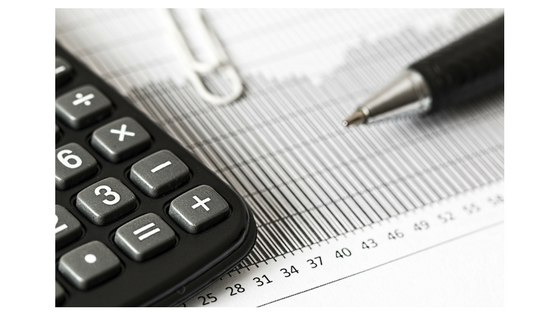Tax is a big part of being a small business owner. Given our marginal tax rate, I am often asked how to – or told they are already – doing everything possible to minimise tax.
There are two things I have always wanted to touch on with respect to this.
- Taxation is not a bad thing
- Minimising tax paid does not maximise your wealth
I will explain both in turn.
But first, a disclaimer. I am not a tax accountant. I have been a management accountant for 15 years, and have a simple understanding of the tax laws in Australia. Do seek your accountants advice on all things tax.
Taxation is not a bad thing
I went to Ephesus in Turkey in my early 20s. There was a stone sign that had been translated into English. The gist of it was that due to a natural disaster, residents needed to pay higher tax to repair damage to the city. Tax has been used for thousands of years for the common good such as roads, education, the environment or health care. Minimising tax is ultimately reducing the amount of money that can be spent on these things. In my mind, that is not a bad thing.
We often hear that we have a high marginal tax rate, but when all personal income tax and social security contributions are taken into account, Australia ranks 28th out of 35 of the OECD countries. We have a lower tax rate (the OECD calls this “tax wedge”) than Japan, the US and the UK. (See here ) The tax we pay goes towards our accessible education system, roads that for the most part remain open year round, clean beaches and access to healthcare.
I feel I should also add that tax evasion is a crime. Be very careful about the schemes you employ to reduce your tax bill. There are some pretty severe consequences for doing the wrong thing.
Tax minimisation does not make you richer
See below two business – Bread, who is aiming to run an efficient business; and Butter, who is aiming to minimise tax payments.

Simple tax comparison of profit, tax owed and net profit for two theoretical businesses
Both Bread and Butter have the same income ($50,000).
Butter is attempting to minimise tax by increasing expenses, so has $10,000 more in expenses (at $30,000) than Bread who is aiming to maximise profit. Bread therefore has $10,000 more in profit.
Both Bread and Butter pay the same tax rate of 40%. Bread owes 40% of its profit, or $12,000 in tax. Butter also owes 40% of profit which equates to $8,000. That is, Bread pays $4,000 more in tax than Butter.
However, after tax Bread has $18,000 in cash while Butter only has $12,000.
I have used a very simplistic example above in order to highlight that the “reduce tax” mantra is not necessarily a helpful one.
There are caveats to this example. One is that if your expenses are higher as you are investing for instance in marketing so you can grow or expand, then the increased expenses may be justified. I think it’s important to understand the benefits and costs of every investment we make as a business, but that is a topic for another day.
Hope this has helped you and your business.
Enjoy your day,
Eliza

